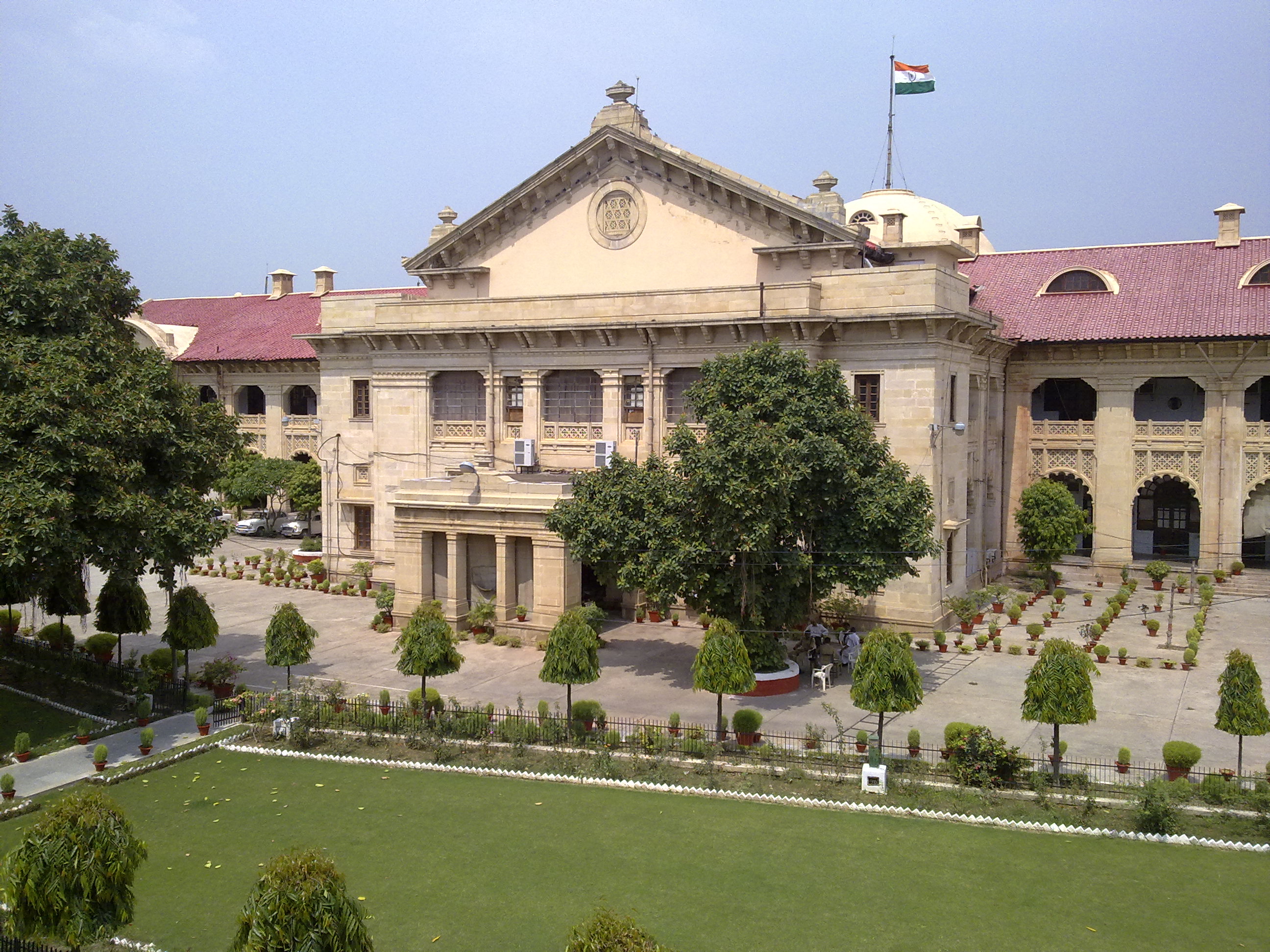High Court refuses plea for protection by interfaith live-in couple; stresses need for creating awareness on legal hassles of such relationships

The plea stated that while the couple was living in a rented accommodation due to their prolonged love and affection, the local police harassed the male partner on a complaint by the woman's mother.
The Allahabad High Court has declined to consider a plea by a Hindu woman and a Muslim man, staying together in a live in relationship, for protection from alleged police harassment, saying this can't be dealt with by a court as it is a social problem which can be uprooted socially.
It also stressed on the need for creating awareness among young people about legal hassles of such relationships.
"We believe that it is a social problem which can be uprooted socially and not by the intervention of the writ court in the garb of violation of Article 21 of the Constitution of India unless harassment is established beyond doubt," a division bench of Justices Sangeeta Chandra and Narendra Kumar Johari said.
In her plea, the woman said she was 29-year-old and is in live in relationship with a 30-year-old Muslim man in a rented accommodation due to their prolonged love and affection. However, the local police harassed her male partner on a complaint by her mother.
The bench, however, said we cannot allow the petitioners to raise disputed questions of fact under writ jurisdiction as it would be a wrong assumption of such extraordinary jurisdiction.
"If there is any real grievance of a live-in couple against their parents or relatives who are allegedly interfering with their live-in status which goes to such an extent that there is a threat of life, they are at liberty to lodge an FIR under Section 154 (1) or Section 154 (3) CrPC, with the Police, move an application under Section 156 (3) before the competent Court or file a complaint case under Section 200 CrPC," the bench said.
In its decision, the court also referred to the concept of 'Zina', which is prohibited in Islam.
"In Muslim law no recognition can be given to sex outside marriage. "Zina" which has been defined as any sexual intercourse except that between husband and wife includes both extramarital sex and premarital sex and is often translated as fornication in English. Such premarital sex is not permissible in Islam," it said.
The bench further said that any sexual, lustful, affectionate acts such as kissing, touching, staring etc are ‘Haram’ in Islam before marriage because these are considered parts of ‘Zina’ which may lead to actual ‘Zina’ itself. The punishment for such an offence according to Quran (chapter 24) is a hundred lashes for the unmarried male and female who commit fornication together with the punishment prescribed by the “Sunnah” for the married male and female that is stoning to death.
The court also cited the Supreme Court's judgement in D Velusamy versus D Patchaiammal (2010), which laid down conditions for "domestic relationship" by incorporating long term live in relationship into it.
"The observations of the Supreme Court, however, cannot be considered to promote such relationships. Law traditionally has been biased in favour of marriage. It reserves many rights and privileges to married persons to preserve and encourage the institution of marriage. The Supreme Court is simply accepting a social reality and it has no intention to unravel the fabric of Indian family life," it said.
The court also emphasised that awareness has to be created in young minds not just from the point of view of emotional and societal pressures that such relationships may create, but also from the perspective that it could give rise to various legal hassles on issues like division of property, violence and cheating within live-in relationships, rehabilitation in case of desertion by or death of a partner and custody of children born from such relationships.
In the case at hand, the bench pointed out it has not been stated for how long the petitioners have enjoyed this live-in-relationship. The petitioners have not stated their current marital status. They have also not stated anywhere in the writ petition any specific instance of the police coming and knocking their doors or taking them to the police station. There is no averment in the writ petition regarding their neighbours and the society in general recognising them as enjoying a relationship in the nature of marriage.
Case Title: Kiran Rawat And Another vs. State Of U.P. Thru. Secy. Home, Lko. And Others
